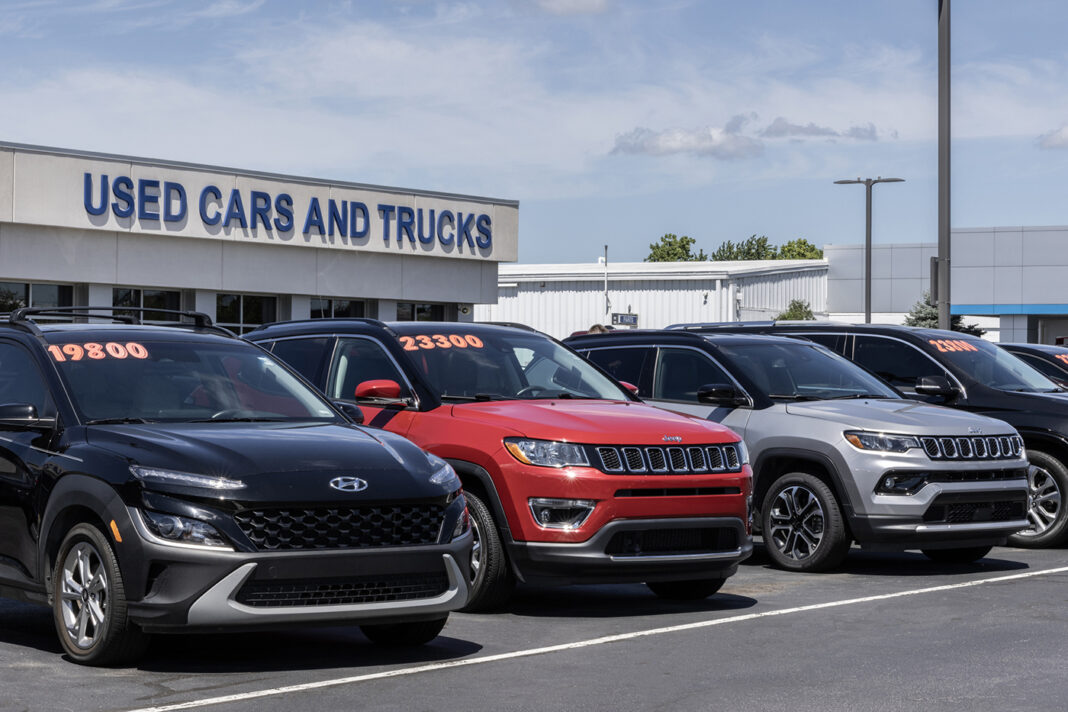Buying a used car can be a smart money-saving decision, with the average price difference between new and used vehicles reaching over $20,000. However, many car buyers make costly mistakes that could easily be avoided with proper research and preparation. Experts from Edmunds highlight five common mistakes and offer tips to steer clear of them.
One important step when buying a used car is to perform a thorough test drive. Many buyers drive the car but don’t pay attention to how it performs. Listening for strange noises, noticing any hesitation from the engine, or paying attention to how the car handles bumps can help you avoid buying a car with potential mechanical issues. Additionally, many modern used cars come equipped with technology, so make sure the touchscreen, Apple CarPlay, or Android Auto work properly. It’s also crucial to check driver-assistance features like blind-spot monitoring and adaptive cruise control, as faulty sensors can lead to expensive repairs.
Another critical mistake is skipping the vehicle history report and inspection. Don’t just rely on the seller’s word about the car’s past. A car may look perfect on the outside but could have been in an accident, damaged by flooding, or have tampered mileage. Vehicle history reports from services like Carfax or AutoCheck can uncover these issues.
Focusing solely on the monthly payment is another common mistake. Many buyers get caught up in a deal with a low monthly payment, but this could result in higher interest rates and greater total costs over time.
In addition, comparing loan options is crucial. Many buyers assume dealership financing is their best option, but sometimes the dealership may increase the interest rate to make a profit. Check the loan rates at your bank or credit union before going to the dealership, and getting pre-approved can provide negotiating power and save you money. Finally, buying a car based on emotion rather than logic can lead to regret. Researching consumer reviews and reliability ratings on websites like Edmunds will help you make a more informed decision. Bringing a trusted friend or family member to give you an objective perspective on the car you’re considering is also a great way to avoid feeling stuck in an emotional decision.






